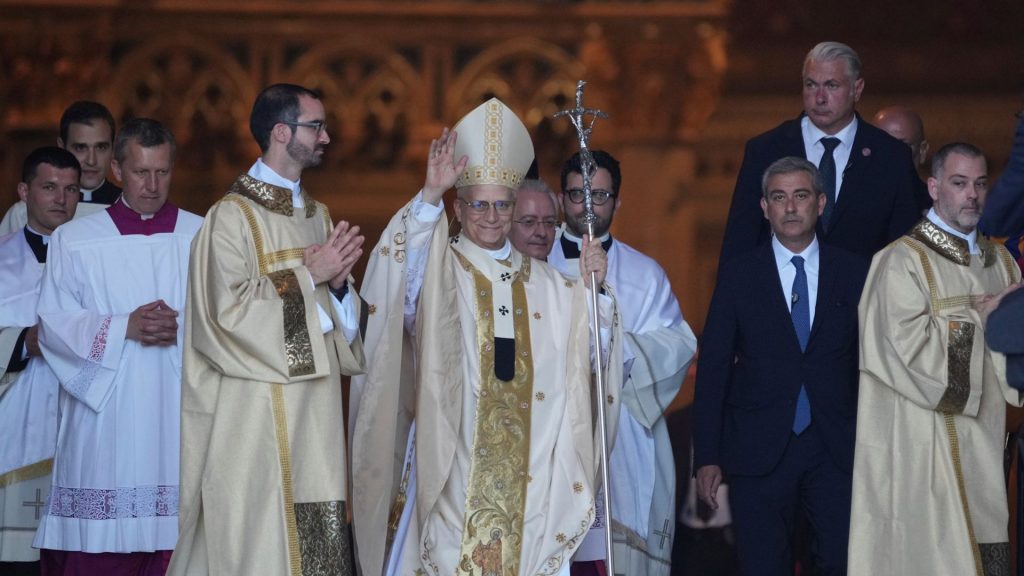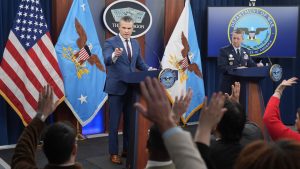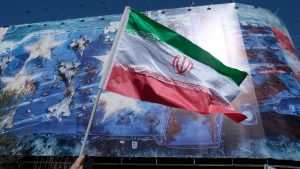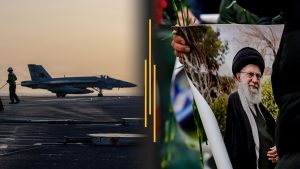Pope Leo XIV celebrates first Mass as Bishop of Rome

Pope Leo XIV celebrated his first Mass as the Bishop of Rome on Sunday, May 25, taking possession of the cathedral in the Basilica of St. John Lateran. The church, founded in 324, is the oldest public church in Rome and the highest-ranking of the four major papal basilicas.

Following the Mass, Pope Leo visited the Basilica of St. Mary Major, where he prayed before the icon of Our Lady and at the tomb of Pope Francis. He then greeted the faithful from the loggia of the basilica.
On Sunday, May 25, Leo also observed the Day of Prayer for the Church of China. “With these sentiments, our prayer embraces all peoples suffering from war,” he said. “We invoke courage and perseverance for those engaged in dialogue and the sincere search for peace.”
The feast day was initiated by Pope Benedict XVI to unify China’s estimated 12 million Catholics, who have been divided between an official, state-controlled church and an underground church loyal to Rome.
Leo also acknowledged the beatification of Father Stanisław Streich, which took place on Saturday, May 24 in Poznań, Poland.
More than 200,000 people packed into St. Peter’s Square for Leo’s Inauguration Mass on Sunday, May 18, with world leaders and representatives from various faiths present, according to the Holy See. The 267th pontiff arrived at the Vatican in the popemobile, greeted by cheers and chants of “Viva il Papa” as he toured the square.
The first American pope
On May 8, 133 cardinals named former Cardinal Robert Prevost of the United States the new pope after Pope Francis’ death. This makes Prevost the first American pope in world history. Prevost, 69, took the name Leo XIV.
Leo was born in Chicago and became a missionary, spending much of his career in Peru as a minister. He was also the prefect of the Vatican’s Dicastery of Bishops, starting in 2023 under Pope Francis. He was then promoted to cardinal-bishop in February by his predecessor.
The selection of Prevost, a citizen from a world “superpower,” is a rare one, as the Vatican has largely gone the other direction in its selection of new popes.






